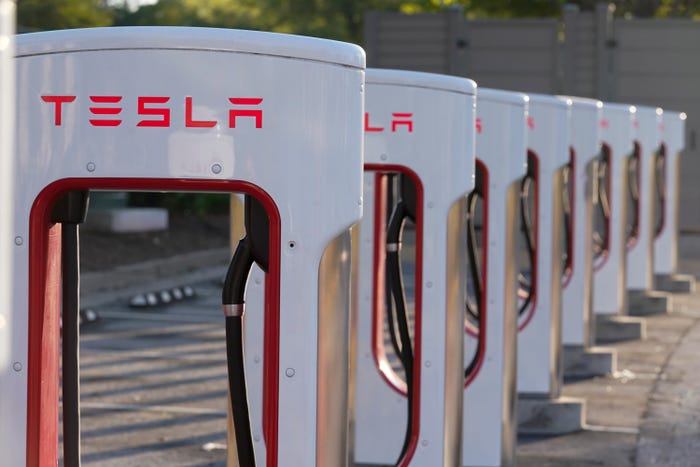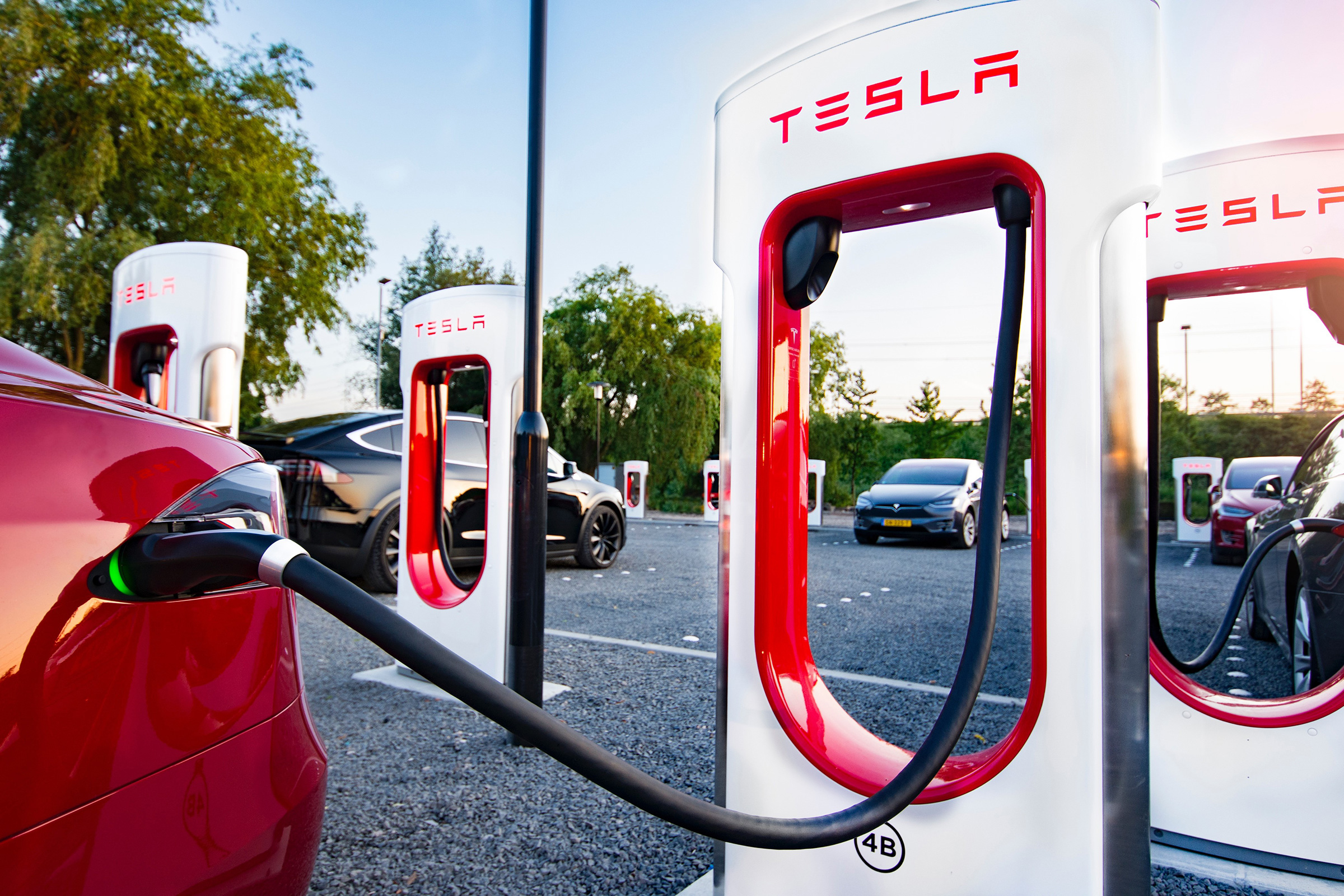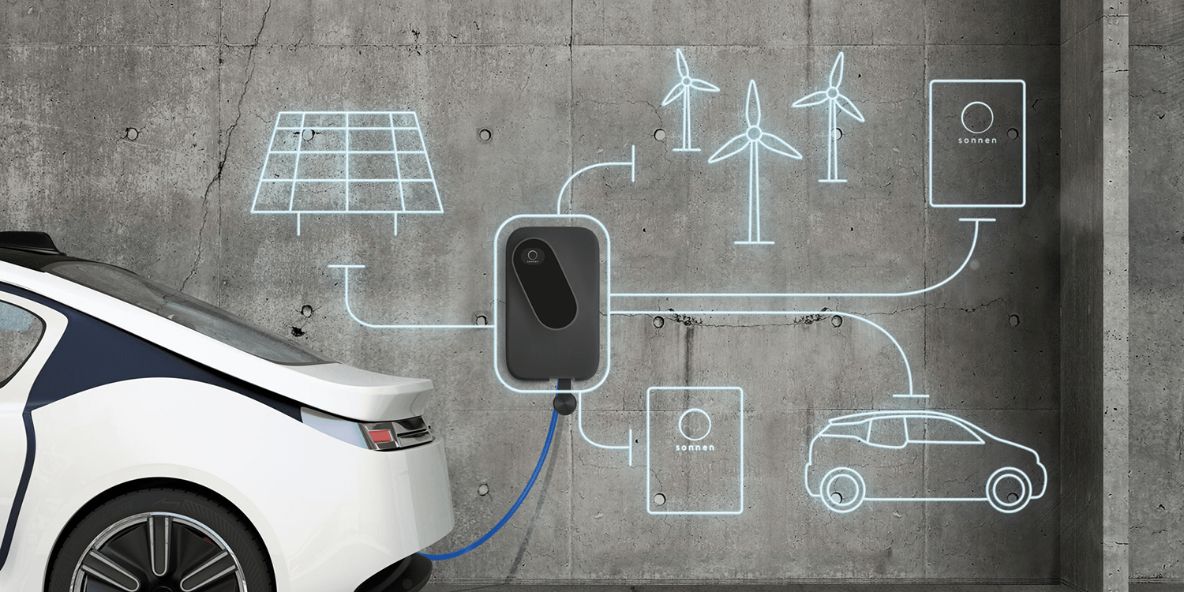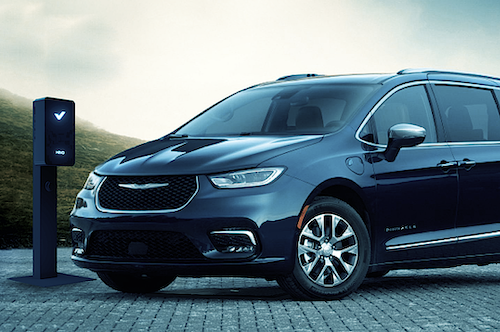Wireless vehicle charging is an emerging technology that will significantly impact the electric car industry, according to SkyQuest’s market research. By 2035, it’s predicted that over 45% of all new car sales will be electric vehicles (EVs), largely due to advanced charging technologies like wireless charging.
SkyQuest’s report also highlights the critical role of fast-charging infrastructure in the growth of the EV market, driven by factors such as the rising popularity of EVs, the increasing cost of oil, and global concerns about climate change. This, in turn, contributes to the expansion of the global market.
See also: Japan pilots wireless charging technology for EVs, aim to have practical technology in 2025
SkyQuest predicts that the wireless EV charging systems market will exceed US$206m by 2028, growing at a compound annual growth rate (CAGR) of 41% between 2022-2028.
Wireless electric vehicle (EV) charging is an innovative technology that eliminates the need for physical connections between vehicles and charging stations. In this system, vehicles have a power receiving coil under their surface, while the charging station has a power transmitting coil. When the vehicle is parked near or on the charging station, the transmitting coil sends power wirelessly to the receiving coil, charging the battery.
According to SkyQuest’s market research, the static wireless EV charging systems segment is expected to experience significant growth from 2023 to 2028 and dominate the wireless EV charging systems market. This is due in part to leading automotive manufacturers undertaking pilot projects to integrate static wireless EV chargers into their electric vehicles. Incentives from governments, such as tax deductions in the Netherlands and Greece, are also contributing to the growth of this segment.
See also: Volvo launches wireless charging technology for electric vehicles
SkyQuest highlights several factors fueling the substantial growth of the wireless EV charging systems market in Europe, including the rising popularity of EVs, pilot projects for wireless EV charging technology throughout Europe, and government support for testing the viability of wireless charging for EVs. With Germany having over 1.38 million registered plug-in vehicles, it is one of the leading European electric car market nations.







